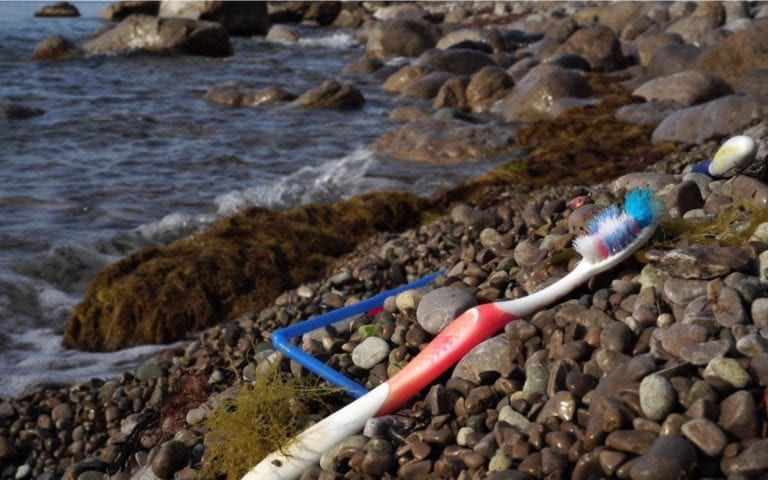The human population continues to boom with every passing year, and this means more dental products being consumed as well. Our impact on the Earth is notable, with its severity increasing with every passing decade. The growing understanding of our impact on the planet has led many to start taking steps to protect their oral health without adding to the damage we cause to the environment. Dental hygiene may not be your first consideration when thinking about living sustainably, but it should be on the list. The amount of plastic generated from dental waste each year is significant, but there are things we can do to stop the rise.
A Toothbrush generates 3 pounds of waste from landfill to market
As Our Population Grows, So Does The Impact Of Dental Plastic
Sticking to the guidelines provided by the ADA is a surefire way of protecting your teeth from decay caused by bacteria. Unfortunately, when the ADA created its guidelines, it didn’t take the waste from dental care into consideration. As a result, following the ADA guidelines without thinking about the products we’re using protects our teeth while destroying the planet. To reduce our impact on the environment, we have to consider both the needs of our teeth and the needs of the planet.
- Over 45 million pounds of waste plastic is generated by using plastic toothbrushes
- The number of floss containers discarded each year could fill a football stadium
- Disposing of mouthwash bottles contributes a significant portion of dental plastic waste
- Four gallons of water are wasted for every person who leaves their sink running while brushing
- Batteries from electric toothbrushes contribute significant chemical waste to the landfill.
Like all plastic waste, dental plastic can persist in the environment for centuries before properly breaking down. Before this happens, the plastic will break down into microparticles in the environment, ultimately finding its way into sea life, drinking water, and beaches. Without our efforts, this problem won’t go away, so reducing our impact is vital.
Dental floss can remain intact for up to eighty years in a landfill
What You Can Do To Reduce Your Environmental Impact
For those willing to try an unusual approach, ongoing research has revealed that using your finger, tongue, and a splash of water to eliminate debris and plaque from your teeth after each meal may be superior to brushing. Most of us will be more comfortable maintaining a regular brushing routine using fluoride toothpaste, floss, and mouthwash. Thankfully there are sustainable products to help with this as well. Bamboo toothbrushes break down quickly in the environment, as does mulberry silk floss. Mouthwash tablets are also an effective way of reducing our environmental impact as they come in a refillable metal container. As with all oral health care products, be sure to check for ADA certification before trying them out.




